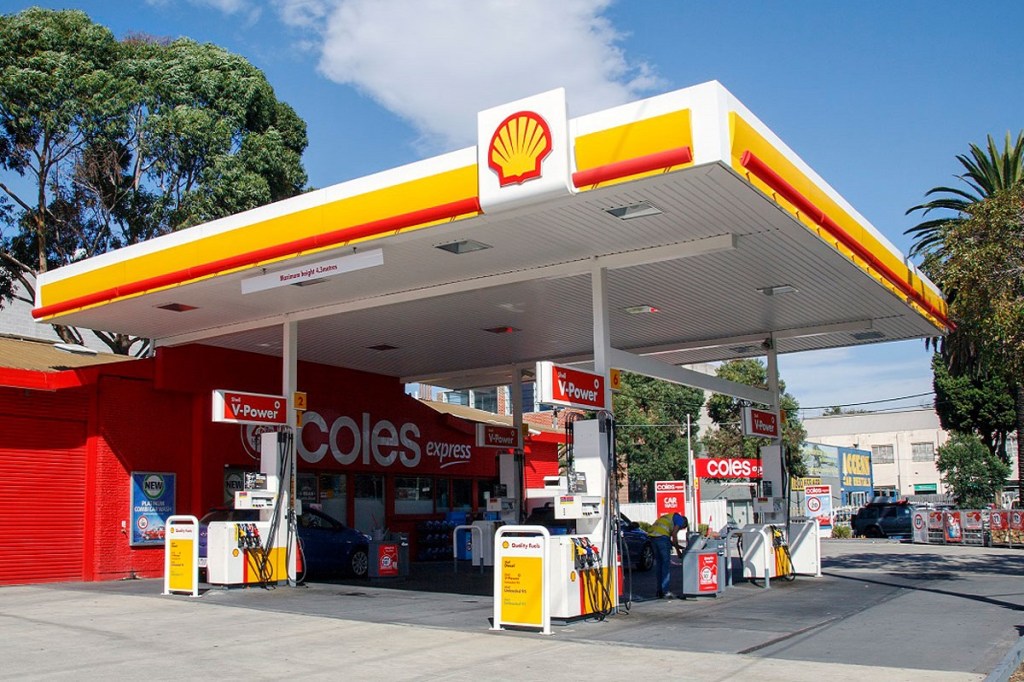Coles Express has reported an 8.5 per cent decrease in sales revenue in its 2022 half yearly results, brought on by lower forecourt traffic due to lockdowns.
Total sales revenue reached $578 million, an 8.5 per cent decrease on its the same time a year earlier, but Coles identified strong growth in food-to-go such as coffee, indicating an improving trajectory as restrictions eased during the half.
There was also a decrease in weekly fuel volumes down from 55.5ml per week to 52.6ml, a change of 5.2 per cent, and a drop in the number of Coles Express sites from 717 to 711.
“At the end of lockdowns in the early part of the second quarter, the trajectory of fuel volumes improved with average weekly fuel volumes growing by 17 per cent quarter-on-quarter to 56.5mL per week,” the report stated.
As a whole, Coles Group reported a two per cent net profit loss despite a one per cent increase in sales, which Coles attributed to the lower Express earnings, transformation project costs, and higher Covid-19 costs.
“While the current operating environment remains uncertain, COVID-19 costs of approximately $30 million were incurred in January, primarily due to the large number of COVID-19 related isolations, which have now moderated in February,” stated the report.
The company saw its e-commerce sales grow by 46 per cent with investments made in customer experience, while also launching 30 new click and collect rapid stores and expanded same-day home delivery to roughly 500 stores.
Steve Cain, CEO of Coles Group, thanked the company’s team members, suppliers, community partners, and state and federal governments for their efforts during the Delta and Omicron outbreaks.
“I would also like to thank our customers for their support during periods of reduced product availability in store which is now improving on the Eastern seaboard.”
Coles released its fully franked 1H22 interim dividend of 33 cents per share, while retaining its annual target dividend payout of 80 to 90 per cent.
Coles expects its capital expenditure in FY22 to be between $1bn to $1.2bn, which was previously $1.2bn to $1.4bn, given the impact of Covid-19 and construction delays.

